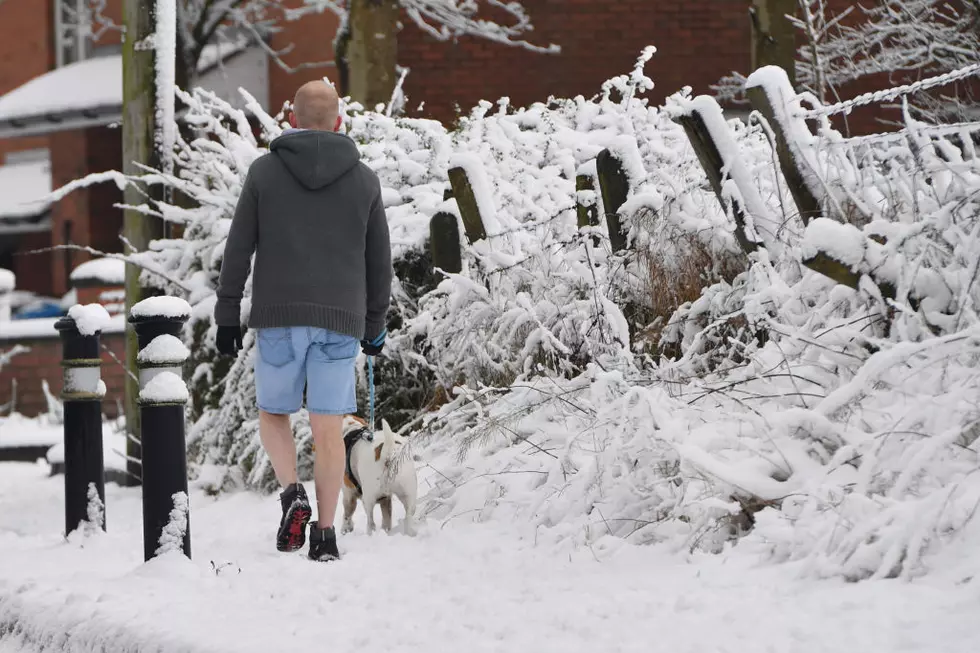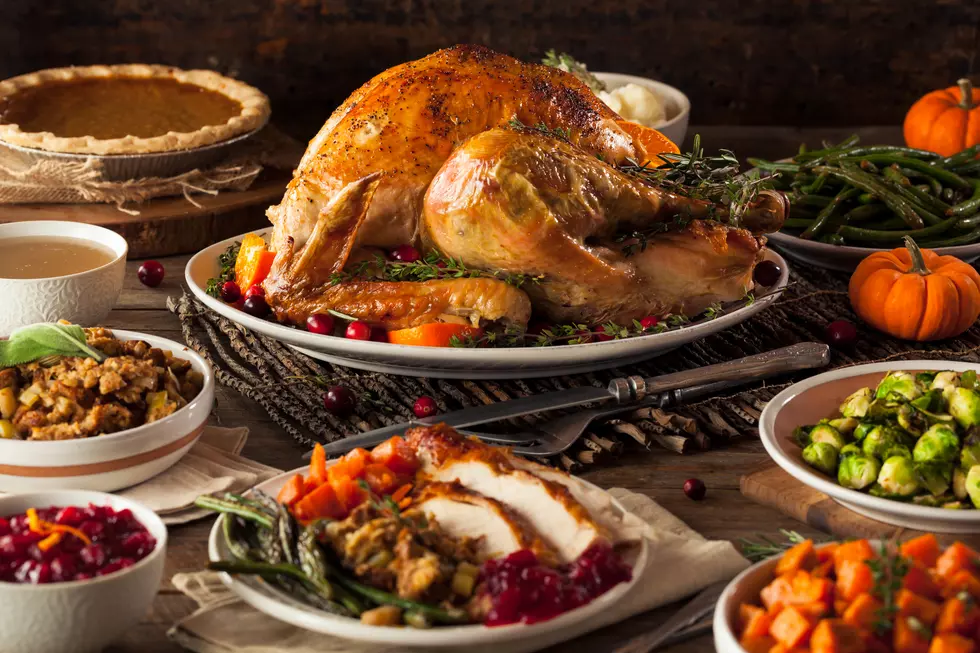
Michigan Landowners Can Earn $25 per Acre by Making Land Available to Hunters

Landowners can earn up to $25 per acre through the Michigan Department of Natural Resources’ Hunting Access Program.
The program provides private-land hunting opportunities in southern Michigan and the eastern Upper Peninsula.
Michigan's Hunting Access Program (HAP) was created in 1977 to increase public hunting opportunities in southern Michigan, where 97 percent of the land base is privately owned.
Landowners enrolled in the program receive an annual payment, up to $25 an acre, for allowing hunters to access their lands. Landowners with at least 40 acres are eligible to enroll.
The program is funded through the new hunting license package and a new United States Department of Agriculture grant. The Michigan DNR, Michigan Department of Agriculture and Rural Development, and local conservation districts plan to continue expanding the program over the next three years.
According to DNR wildlife biologist Mike Parker, “Providing access to hunting lands that are close to home is critical for supporting Michigan’s strong hunting heritage. Our commitment to providing access has more than tripled the number of farms enrolled in HAP the past three years. We now have over 140 farms and nearly 16,000 acres available for public hunting.
"HAP is also good for the economy," Parker said. "Hunters taking trips to HAP lands contribute $1.7 million annually to Michigan’s economy. The majority of the HAP hunter trips are only 25 miles from the hunter’s home, making HAP lands extremely accessible and close to home.”
Landowners have the ability to choose which types of hunting are allowed on their lands. Hunting options include:
- All hunting
- Youth and apprentice hunting only
- Small game hunting only
- Deer hunting only
- Sharptail grouse hunting only
Landowners may choose more than one option. Maximum payments are given for all hunting or youth and apprentice hunting options.
In order to manage the number of hunters using HAP lands at any one time, hunters are required to register to hunt each time they visit the property. The landowner can select either a mandatory registration at their home or a hunter self-registration box, which the DNR will provide and install. The maximum number of hunters allowed on the property is determined by the total acreage, as well as the habitat type.
HAP lands are patrolled by conservation officers, with an increased focus on patrolling during the busy fall hunting season.
Leases are for a two-year period, with annual payments made each spring.
HAP offers landowner liability protection and Public Act 451 of 1994 addresses the concerns some landowners have over sharing access to their land.
More From 100.5 FM The River

![Facebook Famous Gary the Turkey Has Been Captured in Kentwood [VIDEO]](http://townsquare.media/site/43/files/2022/02/attachment-Untitled-design-88.jpg?w=980&q=75)







